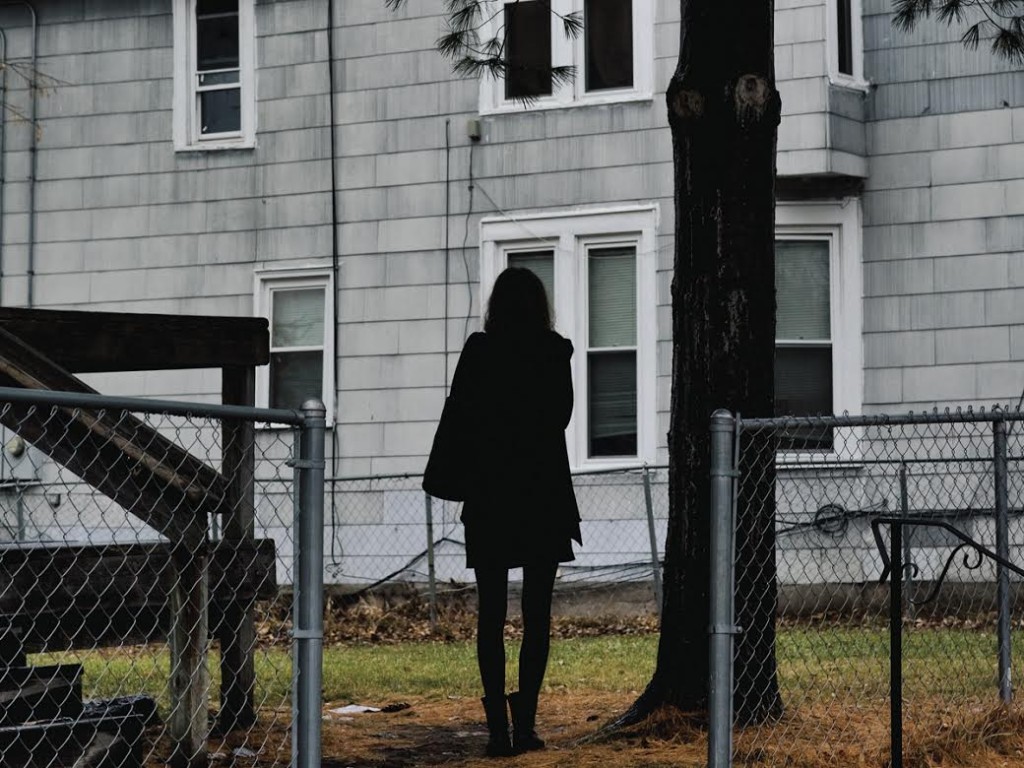
I hate it when critics cry foul just because an artist decides to change or go in a new direction on an album. It can be very trendy to say that, they’ve abandoned their roots and somehow wronged their fan base. That’s not to say that fans and critics don’t have a right either to dislike or criticize the new style for not being as good as the old, but it shouldn’t be the only reason for someone to dismiss a formerly beloved artist.
All of this being said, the new record “Dark Bird Is Home” by the Tallest Man On Earth — aka Kristian Matsson, the 32-year-old Swedish singer-songwriter — has a few issues. While Matsson’s lyricism and vocals are as strong as ever, the album is a departure from his mostly all-acoustic previous three full-length releases. The resulting full-band album is largely a mixed bag of results. While Matsson is an assured guitarist, his control over the feeling and tone of his songs is not as finely tuned when incorporating a full band, and oftentimes a string section. None of the songs are truly bad, per se — it’s just that there’s hardly anything to make anything but a few of them stand out, especially in relation to the rest of Matsson’s Tallest Man On Earth records.
Opener “Fields of Our Home,” manages to show in its 4:28 some of the bad and good parts of the LP. Starting with simple, rhythmic guitar plucking, Matsson examines a failing relationship and its nuances in his typically evasive-but-emotive fashion. Halfway through the song, however, ethereal winds and a double-track of Matsson’s vocals suddenly enter. It’s difficult to be critical here, because as I said earlier, his use of this extra instrumentation isn’t particularly egregious, but it’s just enough to make you wonder, “Was this really necessary?” Some of the track’s best lyrics, examining the odd perception of time and relationships, become muddled, as Matsson croons, “Will we fall as we run with our closing eyes / Is this a lifetime or some years?”
The song “Slow Dance” shows this yet again. Matsson nearly whispers the line, “And in this sunlight I just can’t believe your face / We’re some laundry-line believers, we’re just kids in many ways,” expressing his doubts toward a relationship once again. A simple, chugging guitar accompanies him, while some winds and synths do the equivalent of just taking up space in the background. They add almost nothing to the song, only convoluting it and distracting from Matsson’s lyrics.
You may see my conflict here now, as a great deal of other tracks follow this yes-but-no pattern. Lead single “Sagres,” “Timothy” and “Singers” manage to be solid listens in spite of their lackluster extra arrangements.
The far-and-away stand-out song, however, is the title track, “Dark Bird Is Home.” A contemplative strumming enters as Matsson figures out the complicated emotions of moving on and examining the good parts of a relationship at once. Enhanced by a simple picking pattern interjecting throughout, Matsson sings with the voice of someone who has reached their breaking point — not one of anger, but of sadness and confusion. “No this is not the end and no final tears / That we need to show / I thought that this would last for a million years / But now I need to go,” Matsson sings in conflict. A simple drumbeat enters before he begins to sing this part, heightening the emotions. He lets out an exasperated “Oh, fuck,” before easily the best use of extra instrumentation on the album — a sudden rush of haunting background vocals and strings. Though still not a truly innovative or amazing use of the added instruments, they certainly added a rush of emotion to the end of the album’s most emotional song.
Including the previous song, “Dark Bird Is Home” does show flourishes of Matsson’s capabilities in expanding his musical pallette. In fact, my expectations for his next album are cautiously optimistic — an artist who has been so consistent in the way that Matsson has usually doesn’t just suddenly lose what made them so special. And on the record, Matsson hasn’t lost everything. A folk artist adding more instruments can be a wonderful thing — but just throwing the whole kitchen sink is hard to do when you’ve been mostly using the faucet so well all these years.
Rating: 3.5 stars








